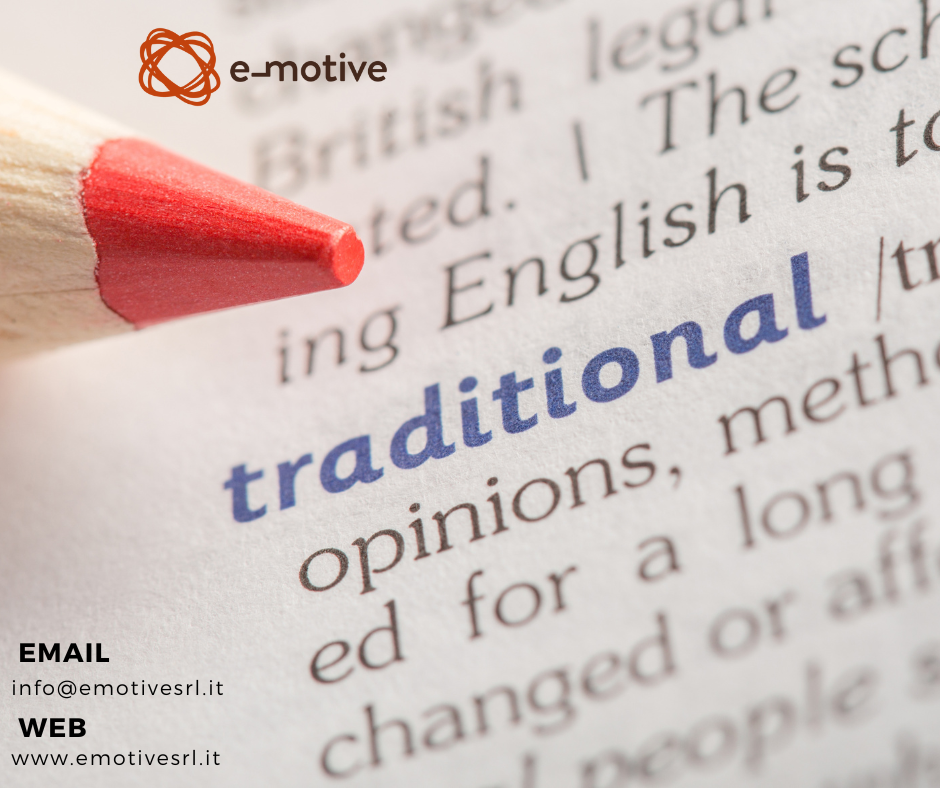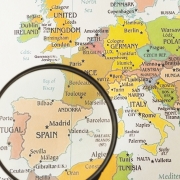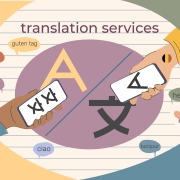The rich tapestry of English Language Traditions

The English language, like a grand old cathedral, carries the marks of time in every stone and corner. Its history is not just a tale of words, but also of traditions that have shaped it over centuries.🕰️📚
📜💂♂️ “The rich tapestry of English Language Traditions” 🎩🎓
Let’s take a moment to appreciate some of these customs.👀🌟
1️⃣ Punning: The tradition of punning, or using words that have multiple meanings for humorous or rhetorical effect, is deeply rooted in English. It was a favourite pastime of literary giants like Shakespeare, who couldn’t resist a good pun! 🎭🖋️
2️⃣ Rhyming Slang: Originating in the East End of London in the 19th century, rhyming slang is a creative and playful aspect of the language. In this tradition, words are replaced with phrases that rhyme. For instance, ‘stairs’ becomes ‘apples and pears’.🍎🍐
3️⃣ The Queen’s English: The ‘Queen’s English’, or Received Pronunciation, is a standardised form of English traditionally associated with the upper classes and institutions such as the BBC. While less common today, it’s a reminder of the social stratification that once heavily influenced language use.👑📺
4️⃣ Old Sayings: English is filled with old sayings and proverbs, many dating back to medieval times. Phrases like “the early bird catches the worm” or “don’t count your chickens before they hatch” have been passed down through generations, adding colour and wisdom to our conversations.🐦🥚
The traditions within the English language offer a fascinating glimpse into its dynamic, evolving history. They remind us that language is not just a tool for communication, but also a vessel carrying the cultural wisdom, wit, and idiosyncrasies of its people. Here’s to keeping the tradition alive! 🍻🌍🤝
#EnglishLanguage #LanguageTraditions #CulturalHeritage
Some Help for you:
Sure, here are the English explanations of the provided links:
- British Library: English Language and Literature https://www.bl.uk/subjects/english-language-and-literature This link takes you to the British Library’s section dedicated to English language and literature. Here, you’ll find a wide range of resources, from academic articles to historical documents.
- The Oxford English Dictionary https://www.oed.com/ The Oxford Dictionary of the English Language is an invaluable resource for understanding the evolution of English words over time.
- Etymonline: Online Etymology Dictionary https://www.etymonline.com/ This is an online etymology dictionary that provides the origins of English words.
- The British Council: History of English https://www.britishcouncil.org/english/history-english This page from the British Council offers an overview of the history of the English language.
- BBC English Learning http://www.bbc.co.uk/learningenglish This BBC site is dedicated to English learning and offers a range of useful resources for better understanding the language.
Remember, the English language has a long and complex history, and these resources should provide you a good starting point to explore it.











